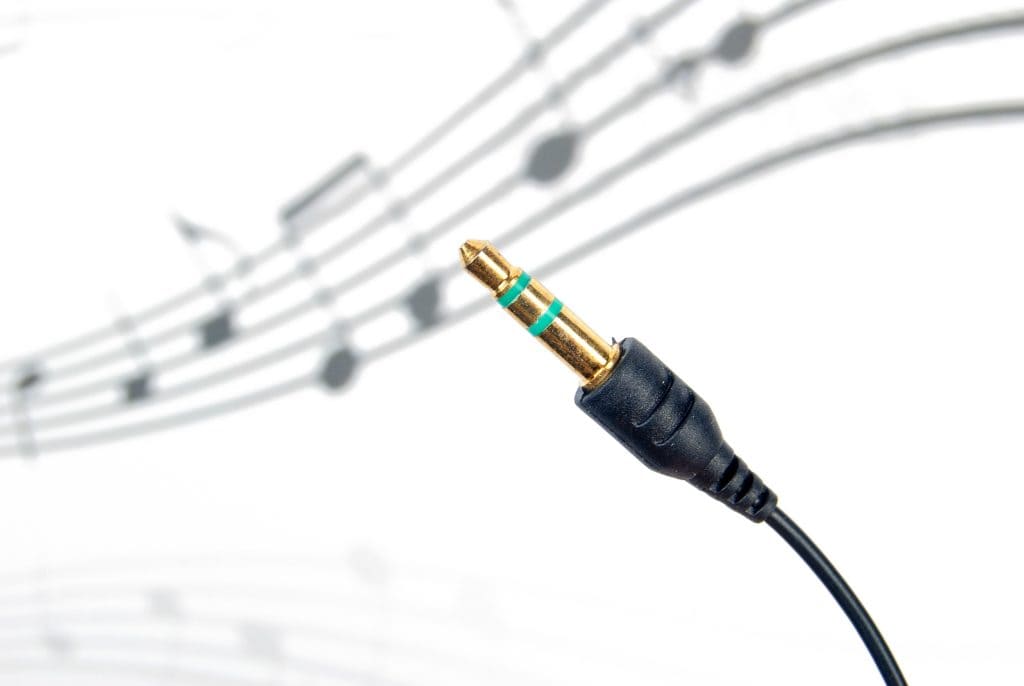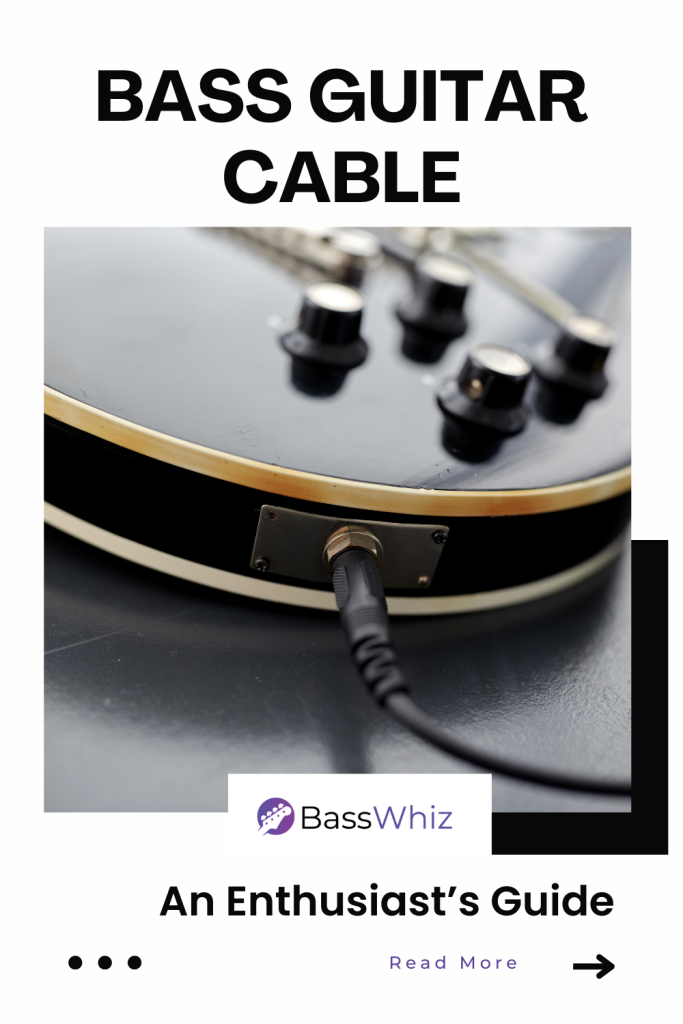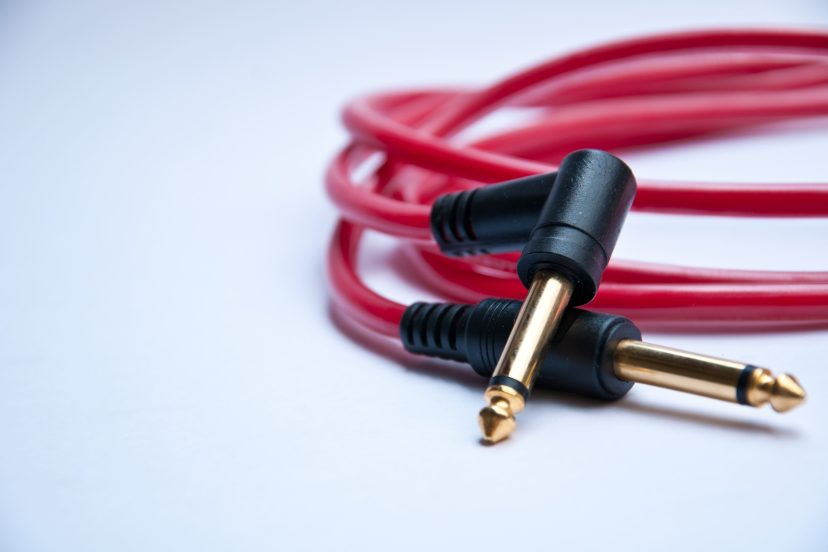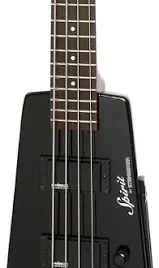Bass Guitar Cable: An Enthusiast’s Guide
Introduction to the Bass Guitar Cable
I’ve come to appreciate the critical role that a good cable plays in our music. In this article, I’ll share my insights and advice on the bass guitar cable, drawing from personal experience and expertise.
What Makes a Good Bass Guitar Cable?
The journey begins with understanding what separates a great cable from a mediocre one. Quality, durability, and sound fidelity are key. Let’s delve into what makes a cable stand out.
Common Types of Cables
Did you know there are several types of cables? From standard quarter-inch jacks to balanced XLR cables, each has its unique characteristics and uses. Let’s explore these varieties.
The Role of Cable Length and Sound Quality
Ever wondered if cable length affects your sound? It does! Shorter cables tend to preserve sound quality, but there’s more to it. Let’s break down how length plays a role in your tone.
Shielding and Interference: What You Need to Know
Shielding is crucial in preventing unwanted noise and interference. We’ll look at how well-shielded cables can make a difference in your setup.

Connectors and Reliability
Connectors are the unsung heroes of cable reliability. We’ll examine the types of connectors and how they influence your sound and cable lifespan.
Balancing Cost and Quality
High-quality cables can be expensive, but there are ways to balance cost without sacrificing quality. I’ll share some tips on finding the best cables for your budget.
5 Top Brands and Cables to Consider
When looking for the best bass guitar cables, it’s essential to consider quality, durability, and how well they preserve your sound. Based on comprehensive research and expert recommendations, here are five top brands and their notable features:
- Pig Hog: Known for crafting over 200+ cables, adapters, and accessories specifically designed by musicians for musicians since 2011. Pig Hog focuses on quality and durability to withstand the rigors of touring and performance【(Bass Musician Magazine, The Face of Bass)】.
- Solcor Guitar Cables: A pioneer in the music cable manufacturing industry since 1995, based in Mexico City. Solcor is celebrated for its dedication to quality and innovation in cables for musical instruments and microphones【(Bass Musician Magazine, The Face of Bass)】.
- Shnoor Cables and Connectors: Offering outstanding sound transmission with high-quality copper conductors and low capacitance. Developed and assembled in Russia, Shnoor is recognized for its precision in sound preservation and quality【(Bass Musician Magazine, The Face of Bass)】.
- Mogami Cables: Trusted by music professionals worldwide, Mogami offers a range of cables including Overdrive, Platinum, Gold, CorePlus, and Silver. Known for exceptional quality, these cables are designed to ensure the best sound transfer and durability【(Bass Musician Magazine, The Face of Bass)】.
- George L’s: Winning numerous awards from major publications in the music industry, George L’s cables are praised for their quality and the ability to preserve sound integrity. Their solder-less connector design allows for custom cable lengths and easy assembly【(Bass Musician Magazine, The Face of Bass).】.
When choosing a bass guitar cable, it’s crucial to consider not just the length and price, but also the specific needs of your performance and equipment setup. Whether you’re playing at home, on the road, or in the studio, there’s a cable suited to your requirements. Brands like Planet Waves/D’Addario and Monster are also worth considering for their sound transparency and durability, alongside options like Ernie Ball for those seeking a cable that combines sonic quality with visual appeal.
Remember, the right cable can significantly impact your sound and playing experience, so it’s worth investing in a quality product that meets your needs.
Caring for Your Bass Guitar Cables
Proper care extends the life of your cables. I’ll provide some practical tips on maintenance and storage to keep your cables in top shape.
Troubleshooting Common Cable Problems
Troubleshooting common problems with bass cables and ensuring your setup maintains its quality sound involves several straightforward steps. Here’s a concise guide based on insights from various sources:
- Signal Loss and Degradation: Signal degradation in cables can result from factors like cable length, poor terminations, or electromagnetic interference. To combat this, ensure cables are properly terminated and connectors are secure. Regularly inspect for damage and consider high-quality cables with appropriate shielding【(HoustonCablingExperts)】.
- Connection Errors and Intermittent Connectivity: If experiencing intermittent connectivity, start by verifying all physical connections are secure and that no connectors are loose or damaged. Testing with different devices can help isolate the issue to specific cables or components【(HoustonCablingExperts)】.
- Cable Damage and Wear: Over time, cables can become worn or damaged. Look for frays, kinks, or cuts and replace cables as needed. Additionally, avoid exposing cables to extreme temperatures or moisture, which can degrade performance【(HoustonCablingExperts)】.
- Using High-Quality Cables: It’s crucial to use high-quality cables that are appropriate for your amp and guitar. This can prevent many common cable problems, ensuring better sound quality and fewer issues with cutting out or distortion【(Sandy Music Lab)】.
- Test the Cables: Regularly testing your cables with a cable tester can identify potential issues before they impact your sound. This preventive measure can save time and frustration during performances or recording sessions【(Sandy Music Lab)】.
- Replace Connectors: Over time, connectors may become loose or damaged. Replacing these as needed can prevent connectivity issues that might otherwise result in sound loss or distortion【(Sandy Music Lab)】.
- Utilize a Power Conditioner: Power conditioners can stabilize the power supply, reducing noise and fluctuations that could otherwise cause cable problems. This is particularly beneficial in settings with multiple amps and devices【(Sandy Music Lab)】.
For more detailed insights into troubleshooting and maintaining your bass guitar setup, visiting the original articles can provide further guidance and tips to ensure your equipment remains in top condition and your sound quality is preserved.

Wireless Options: Pros and Cons
Wireless technology is becoming more popular. As with most things in life, there are positives and negative aspects of going this route. I really like the freedom of movement it provides on stage. But some players I know think it degrades sound quality.
Conclusion
In conclusion, choosing the right bass guitar cable can significantly impact your sound and playing experience. Remember, the best cable is the one that meets your specific needs. If you are anyting like most players, you will end up owning many.
FAQ
1. What’s the best length for a bass guitar cable?
Optimal length varies, but generally, shorter is better for sound clarity. However, if the stage is very big and want to roam around, you need some length.
2. Can a bad cable affect tone?
Absolutely! Poor quality cables can degrade your sound. Besides that they just don’t last.
3. Are expensive cables always better?
Not necessarily. It’s about finding the right balance of quality and cost.
4. How often should I replace my cables?
It depends on usage, but regularly checking for wear and tear is important.
5. Is a wireless system a good alternative to cables?
It can be, especially for mobility, but consider sound quality and reliability.




